Shashi Vemuri, Professor Jayashankar Telangana State Agricultural University, India
Integrated Pest Management (IPM) in horticultural crops faces persistent socioeconomic and technical challenges, including high costs of adoption, limited access to information and technology, farmer resistance to shifting from conventional practices, weak marketing linkages, and [....] » Read More


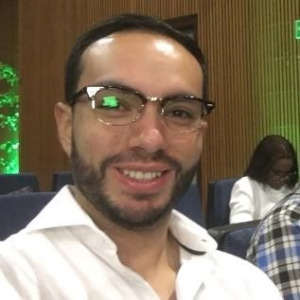


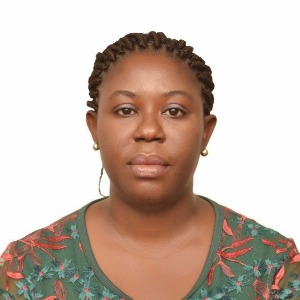




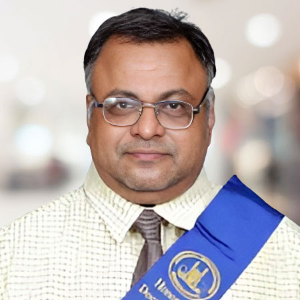



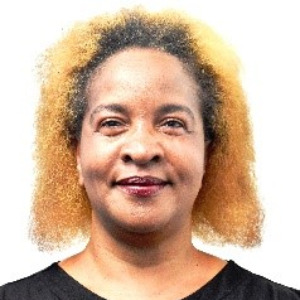
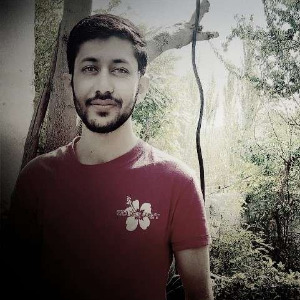


Title : Development of Virginia mountain mint as a potential commercial crop in the southern USA
Srinivasa Rao Mentreddy, Alabama A&M University, United States
Mountain mint (Pycnanthemum species) is a mint-flavored herb with a diverse range of essential oil profiles, offering potential for commercial applications similar to those of the Mentha genus. North Alabama has favorable weather conditions for cultivating mountain mint, particul [....] » Read More
Title : Improving food system awareness with agritourism: The Tour de Farm in Duval County, Florida
Stephen Jennewein, University of Florida, United States
Agritourism strengthens community connections to local food systems by increasing awareness of where and how food is produced. In Duval County, Florida, the Tour de Farm exemplifies how farm tours can effectively promote agricultural literacy and appreciation among urban and subu [....] » Read More
Title : Soil degradation and methods to improve soil fertility – Bulgaria case
Martin Banov, Institute of Soil Science Agrotechnologies and Plant Protection, Bulgaria
The article examines the main soil threats identified as priorities for Europe, such as erosion, organic matter depletion, pollution, sealing, compaction, salinization and biodiversity loss. The main processes leading to land and soil degradation in Bulgaria and their quantificat [....] » Read More
Title : Risk extension: A step to capability for building farmers’ resilience and adaptation to climate changes
Rasha Mohamed El Sayed Shabana, Agricultural Research Center, Egypt
Agricultural processes along the entire value chain, from supply to marketing, face numerous risks, including climate change, marketing risks, financial risks, technological risks, health risks, and legal risks. Farmers, input suppliers, crop traders, exporters, and other stakeho [....] » Read More
Title : Exploring the role of Apis and non-Apis insect visitors towards cross pollination, their influence on yield, oil content and other quality parameters of sunflower (Helianthus annuus L.) in Mardan, Khyber Pakhtunkhwa
Hazrat Said, ARI Tarnab Peshawar, Pakistan
Field studies were carried out at New Developmental Farm (NDF), The University of Agriculture-Peshawar, (34.01° N, 71.53° E) Khyber Pakhtunkhwa-Pakistan during spring and fall 2021 and 2022. Objectives of current trial were to assess visitation pattern of Apis mellifera a [....] » Read More
Title : Management practices for Callosobruchus maculatus (Fab.) for the preservation of cowpea (Vigna unguiculata (L.) Walp) and Bambara groundnut (Vigna subterranea (L.) Verdcourt) in the regions of Dosso, Maradi, and Tillaberi, Niger
Assoumane Issa Siman, Abdou Moumouni University of Niamey, Niger
In Niger, considerable damage is recorded on grain legumes during storage. For this, diversified means and methods are often used for the management of Callosobruchus maculatus (Fab.). The objective of this study is to contribute to the reduction of post-harvest losses by underst [....] » Read More
Title : Adoption of digital tools among women arable crop farmers in accessing climate change adaptation information in Rivers State, Nigeria
Okorie Ugochi Glad, University of Port Harcourt, Nigeria
Climate change remains a major global development challenge, posing significant threats to sustainable agricultural production, especially in Sub-Saharan Africa where farming is predominantly rain-fed. Digital technologies are increasingly promoted as tools that can enhance farme [....] » Read More